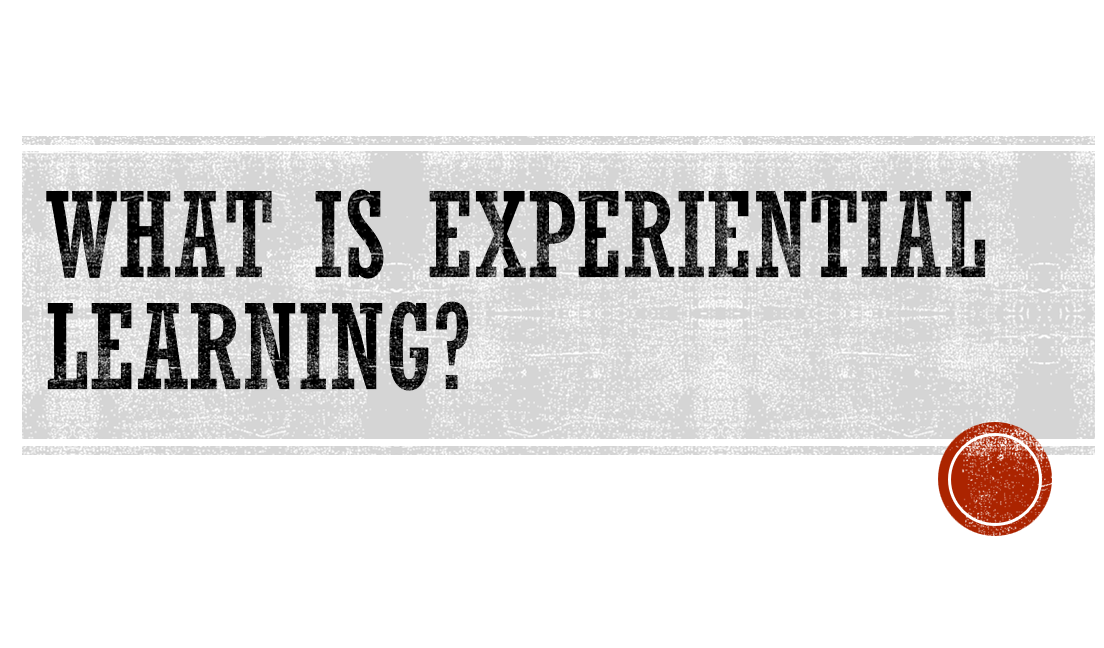
Experiential learning is learning by doing. It is the process of experiencing learning with all of our senses. This is especially essential for learners and educators. The information that is taught and caught will best be caught or retained when learners are encouraged to use all their senses and therefore touch all of the different learning personalities.
Think of the VARK learning theory – Visual, Audio, Read (and Write), Kinesthetic. Compare this to our five senses:
Visual = Sight
Audio = Hearing
Read/Write = Visual and Tactile (our touch)
Kinesthetic = Touch
(As a quick side note, have you seen an avid reader looking at books? If not, take a moment to go to a physical bookstore and simply watch the patrons. An avid book reader will often pick up a book from the shelf. They will run their hands over the cover and then read the excerpt. Some will then open the book to rub their hands over the pages or flip through the pages to smell the fresh ink. I once heard an avid reader put a book back on the shelf. Although they were interested in the book, they were not interested in the feel and smell of the book. They choose a different edition of the same book!)
Of course, experiential learning is a bit different than hands on. Hands on learning is simply learning. Experiential will pull in some means of a reflective practice.
Experiential learning not only allows a learner to participate in a hands-on event and reflect on the learning experience, but it encourages a learner to test out new ideas. Learners are engaged with their materials and participate in a problem solving through trial and error. This process is developed even more effectively through reflection when the learner takes the time to ponder why something did or did not work and possibly make small tweaks in the next trial run.
Experiential learning promotes learners to take the time to critically look at their experiences. They will gather information in the format of both objective and subjective views. Feelings will be investigated. The contributions and interaction with others will be looked at.
Gibbs’ Reflective Cycle demonstrates that experiential learning and the use of reflective practice is cycle. It is a circular event. Often learners will need to repeat all of the steps in the reflective practice for effective learning.
Experiential learning tends to be a learner-centered approach to learning rather than a teacher-centered approach. A learner will need the independence to investigate and to reflect on their own with little interference from a teacher.
It is important to remember that experiential learning is a guided practice. It is not a hope that a learner will happen upon something. In this aspect, it is very different from a discovery methodology of learning.
It is essential to note that experiential learning must matter to the learner. It must be important to them, and they need to be open to the learning experience – willing to critically evaluate. The process of reflection and the topic of learning are both essential!
Of course, there are both pros and cons to experiential learning which you can read more about on a previous post.


Comments are closed